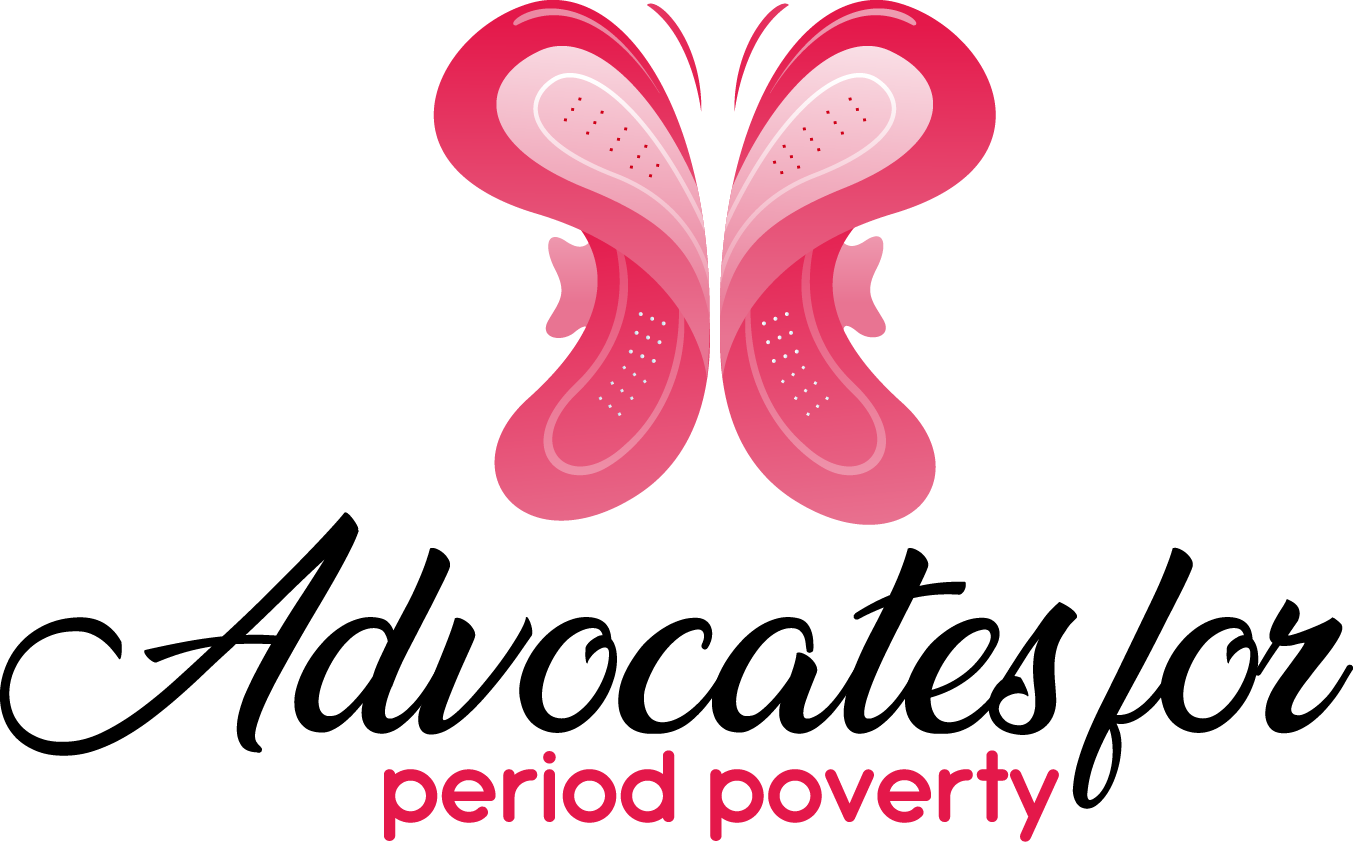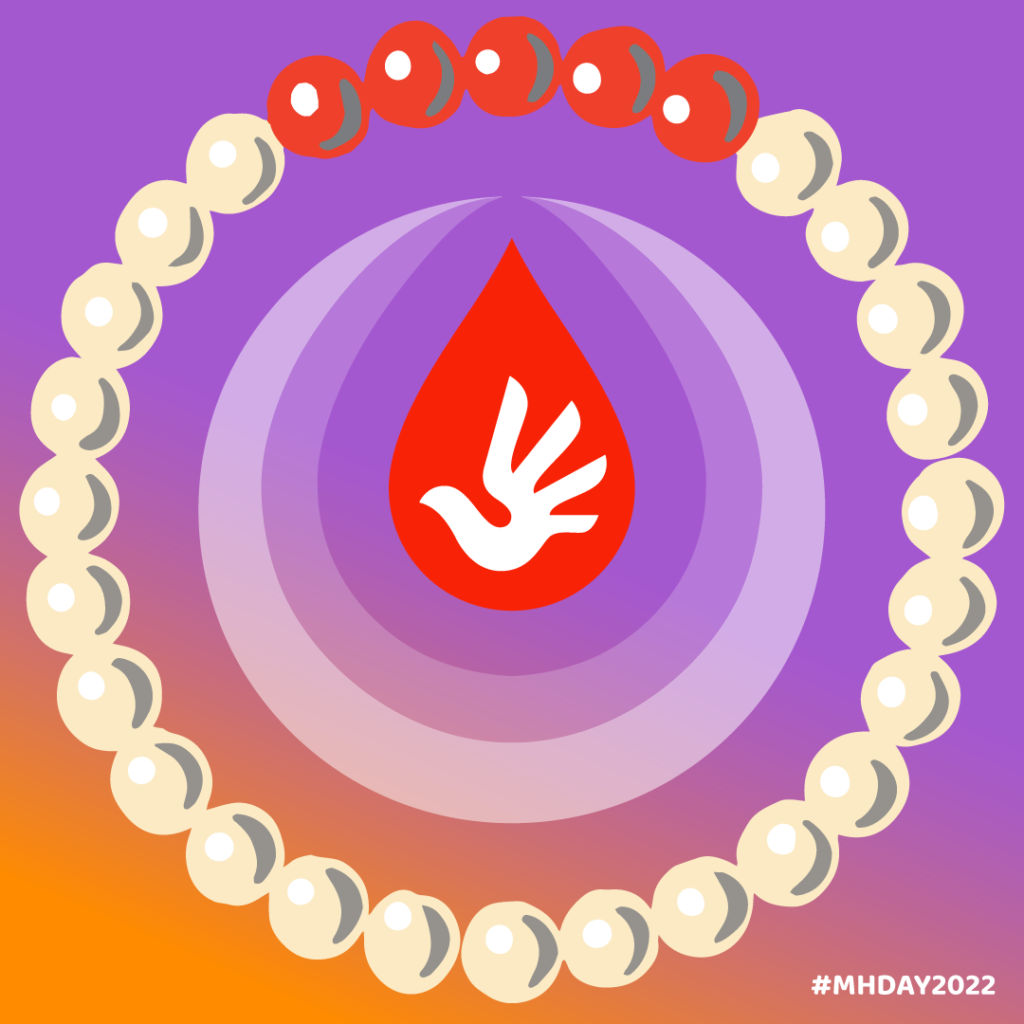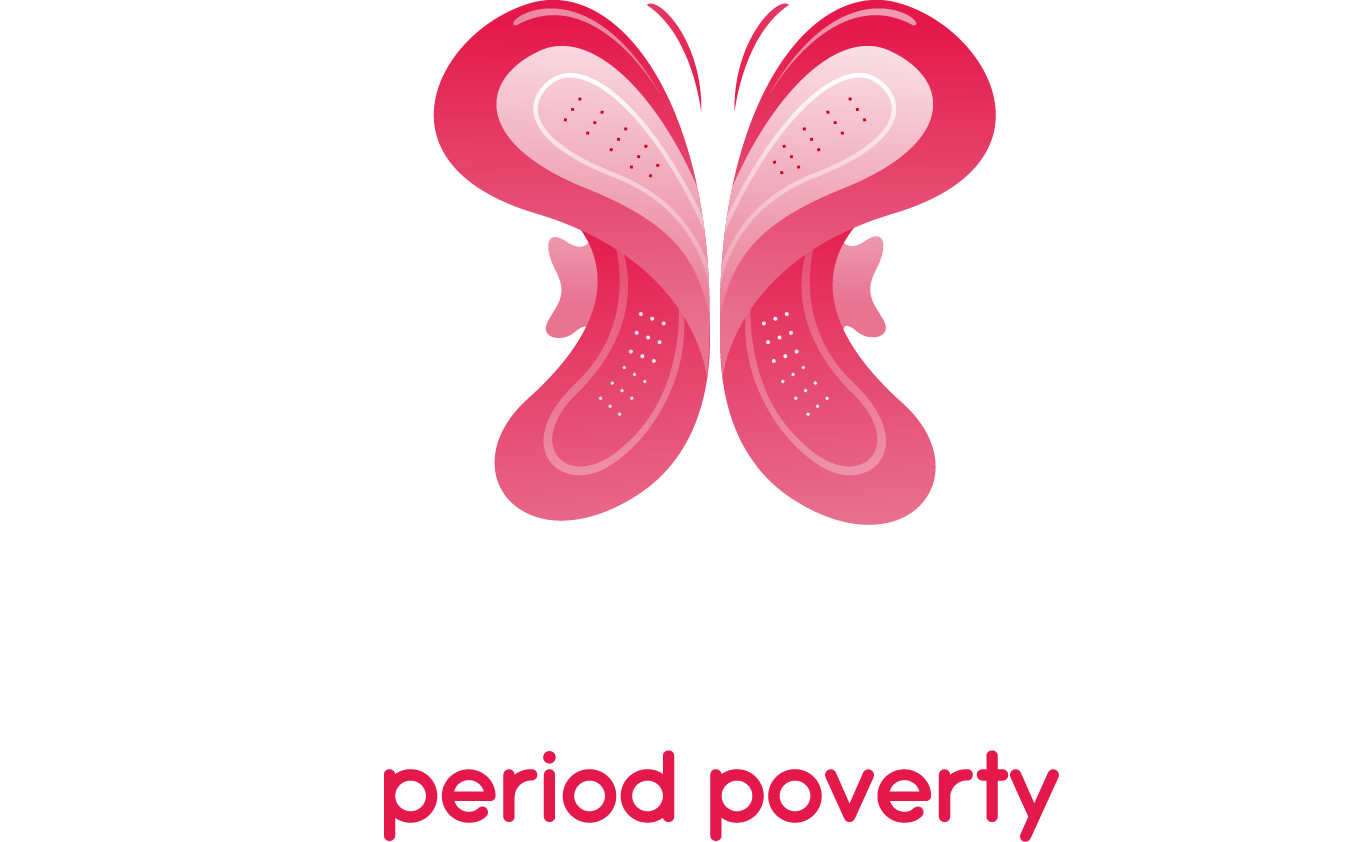Menstruation is as normal as breathing. Yet around the world the issue continues to be neglected at all levels, resulting in persisting taboos and stigma and lack of access to information about menstruation, period products and adequate infrastructure. The negative consequences for women and girls(1) are dire, including missed educational and income-earning opportunities, health conditions, and persisting gender inequalities. In short, menstrual health and hygiene is clearly critical for women and girls to be able to enjoy their human rights.
- The right to health, for example, not only includes the right to healthcare and medicine when needed, but also covers access to health-related education and information, including on sexual and reproductive health.(2)
- The right to education guarantees free and compulsory primary education and generally available and accessible secondary education for all (3) – which cannot be enjoyed when students are required to stay at home during their period or can’t change period products in school sanitation facilities. This also shows the relevance of the rights to water and sanitation for the topic.
- The right to education is also understood to include “initiating and supporting measures, attitudes and activities that promote healthy behaviour by including relevant topics in school curricula (…) in the context of adolescent health and development”


